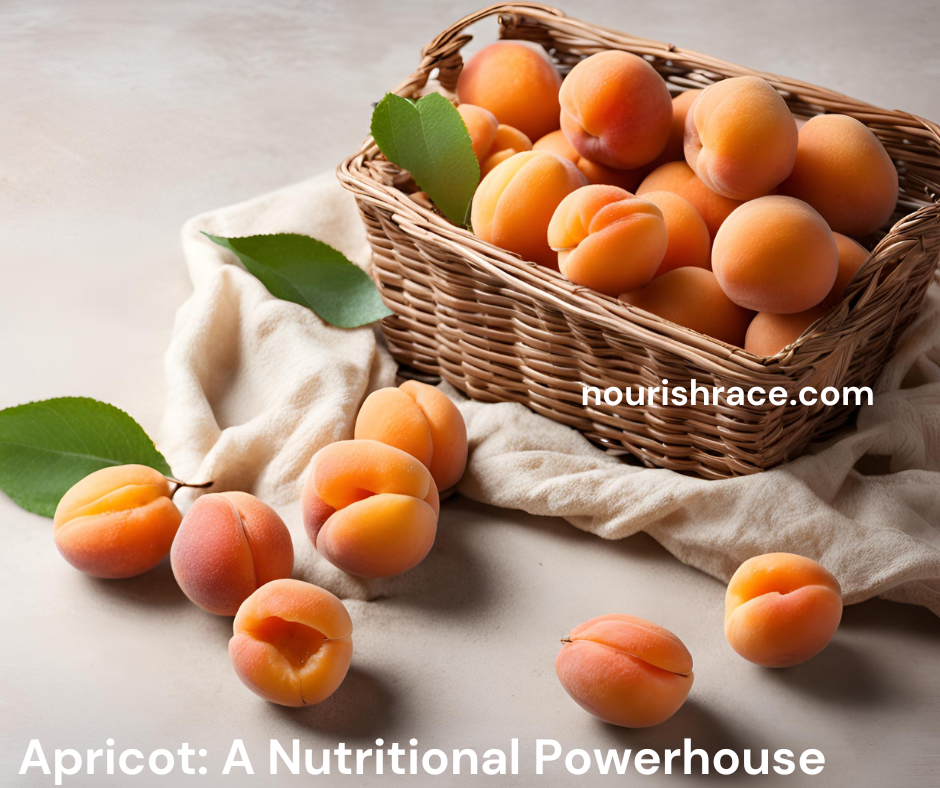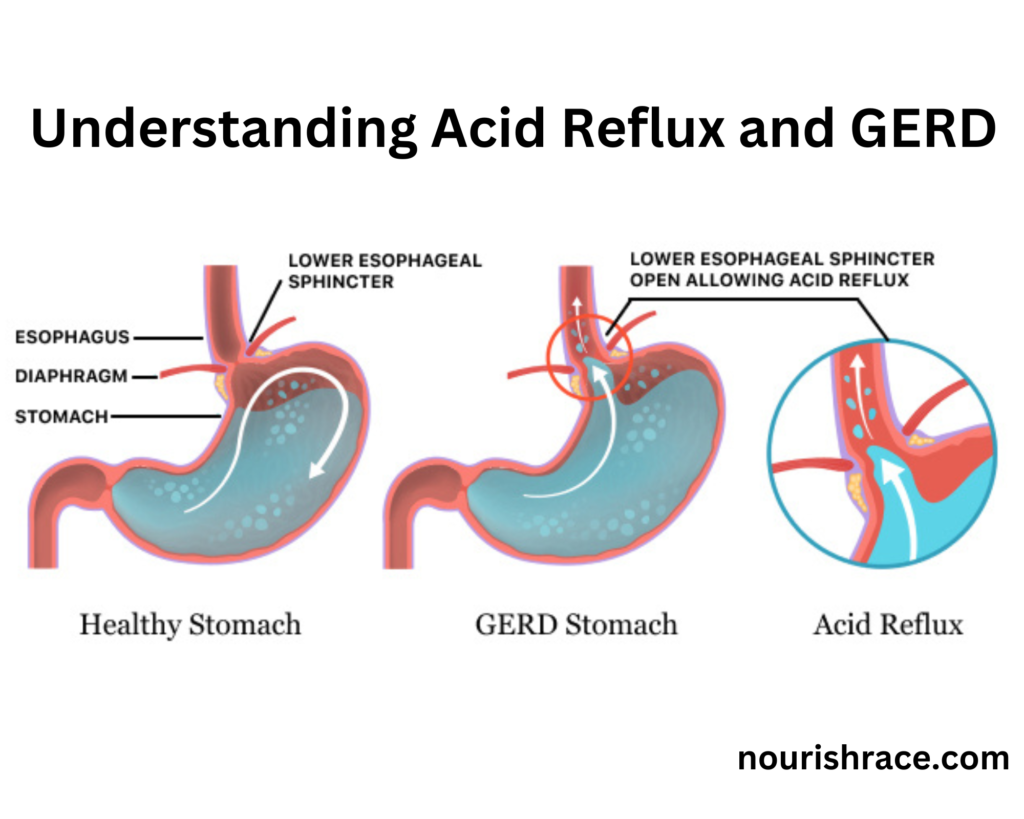Apricots are a nutritional powerhouse that benefits various aspects of health. They are rich in essential vitamins, especially vitamins A and C, which are vital for maintaining good health. The high fiber content in apricots aids digestion and supports a healthy gut. Moreover, apricots are loaded with antioxidants that protect our cells from damage caused by free radicals, thus contributing to overall well-being. The fruit also promotes heart health by helping to reduce bad cholesterol levels, which is crucial for preventing heart disease.
Apricots: A Nutritional Powerhouse
Additionally, apricots are super nutrition for skin health. The presence of vitamin C and antioxidants in apricots helps in maintaining a youthful glow and protects against skin damage. The fruit also boosts the immune system due to its rich vitamin and mineral content. With their high water content, apricots help keep the body hydrated, which is essential for all bodily functions.
For bone health, apricots provide optimal nutrition for important minerals like calcium and potassium. These minerals are crucial for maintaining strong and healthy bones. Furthermore, the vitamin A in apricots is beneficial for eye health, supporting good vision. As a low-calorie fruit, apricots are an excellent choice for those looking to manage their weight effectively. Lastly, apricots possess anti-inflammatory properties that help reduce inflammation in the body, promoting overall health.

Nutritional Content
A single apricot (35 grams) provides approximately:
- Calories: 17
- Carbohydrates: 4 grams
- Protein: 0.5 grams
- Fat: 0.1 grams
- Fiber: 0.7 grams
- Vitamin A: 8% of the Daily Value (DV)
- Vitamin C: 6% of the DV
- Potassium: 2% of the DV
Here’s a closer look at the 11 specific advantages of this amazing fruit into your diet.
1. Rich in Vitamins
Apricots are an excellent source of vitamins A and C, making them a true nutritional powerhouse. Vitamin A is crucial for vision, immune function, and skin health, while vitamin C is essential for the growth and repair of tissues, the absorption of iron, and the maintenance of healthy skin.
2. High in Fiber
High in fiber, apricots aid digestion and promote gut health. This nutritional powerhouse helps to regulate bowel movements, prevent constipation, and support a healthy digestive system. Fiber is also beneficial in maintaining a healthy weight by making you feel full longer.
3. Antioxidant Properties
Apricots contain antioxidants that protect cells from damage, cementing their status as a nutritional powerhouse. Antioxidants neutralize harmful free radicals in the body, which can reduce the risk of chronic diseases and slow down the aging process.
4. Ultimate Nutrition for Heart Health
The fruit helps in maintaining heart health by reducing bad cholesterol levels. Apricots, as a nutritional powerhouse, contain nutrients that support cardiovascular health, such as potassium and fiber. These components help in lowering cholesterol levels and maintaining healthy blood pressure.
5. Good for Skin
Vitamin C and antioxidants in apricots promote healthy skin. This nutritional powerhouse helps to combat skin damage caused by environmental factors like UV rays and pollution. Regular consumption of apricots can lead to a radiant and youthful complexion.
6. Boosts Immune System
The vitamins and minerals in apricots strengthen the immune system. As a nutritional powerhouse, apricots provide essential nutrients that enhance the body’s natural defenses against illnesses and infections, keeping you healthier.
7. Hydration
With their high water content, apricots keep the body hydrated. This nutritional powerhouse helps maintain optimal hydration levels, which is vital for all bodily functions, including temperature regulation, nutrient transport, and waste elimination.
8. Healthy and Strong Bone
Apricots provide essential minerals like calcium and potassium for strong bones. As a nutritional powerhouse, they support bone density and overall bone health, reducing the risk of fractures and osteoporosis.
9. Superfood for Eye Health
Vitamin A in apricots supports good vision and overall eye health. This nutritional powerhouse contains beta-carotene, which the body converts into vitamin A, essential for maintaining good vision, preventing night blindness, and reducing the risk of age-related eye disorders.
10. Weight Management
Low in calories, apricots are a good option for weight management. This nutritional powerhouse helps in maintaining a healthy weight by providing essential nutrients without adding extra calories. Their fiber content also aids in controlling hunger and preventing overeating.
11. Anti-Inflammatory
Apricots have properties that help reduce inflammation. This nutritional powerhouse contains compounds that can lower inflammation levels in the body, which is beneficial for conditions like arthritis and other inflammatory diseases.
For more detailed information on apricots and their health benefits, you can visit Healthline’s detailed article on apricots.
For more study on fruits visit this article on our website:
https://nuorishrace.com/the-marvelous-apple-a-nutritious-delight/

